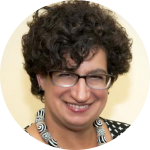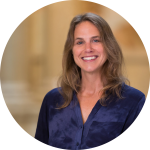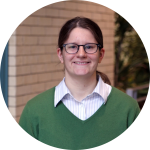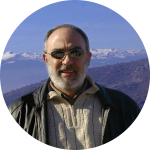Sunday, November 8, 2020 - 2:00pm to Wednesday, December 16, 2020 - 12:00pm
Hybrid
Workshop Series Exploring Our Connection to Climate-Related Upheavals
Mapping Loss in the Anthropocene is a Year of Creativity event co-sponsored by the Global Studies Center and the World History Center. Students will have the opportunity to reflect on human-driven climate change and to create maps that capture or express their relationships to - changing sea levels, favorite natural locations, species impacts, affective responses -- it's up each participant how to engage this topic.
Sponsored by: University of Pittsburgh's World History Center, Provost’s Year of Creativity, and the Global Studies Center
November 8 - December 16, 2020 - Anthropocene: Epoch of Loss
This virtual workshop will be available for participation until December 16, the purpose of the workshop is to create a space for people to engage with their world through digital methods and art. Participants will have the opportunity to reflect on human-driven climate change and to create maps and art that capture or express their relationships to the natural world while building digital and artistic skills. This workshop can be done entirely asynchronously. Please register here!
Please view the Schedule for additional information.
*Participation in the full series is encouraged, but not required*






